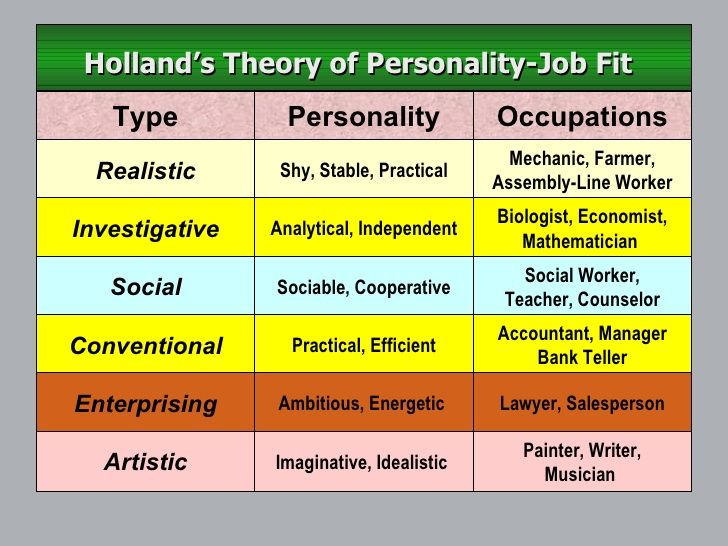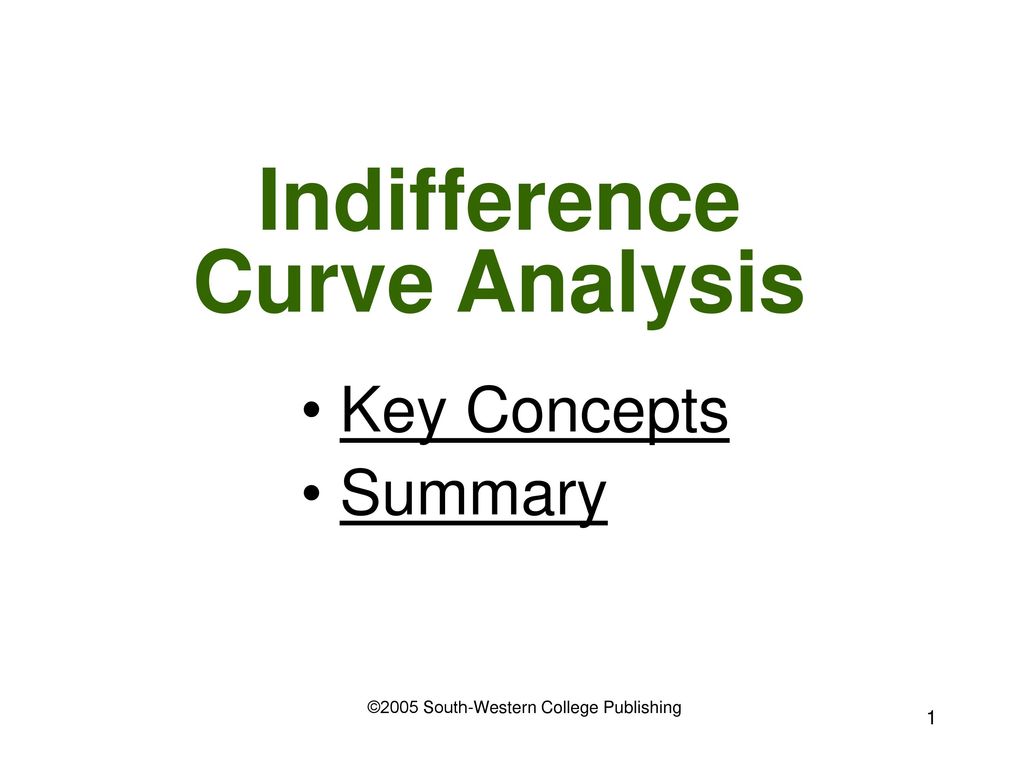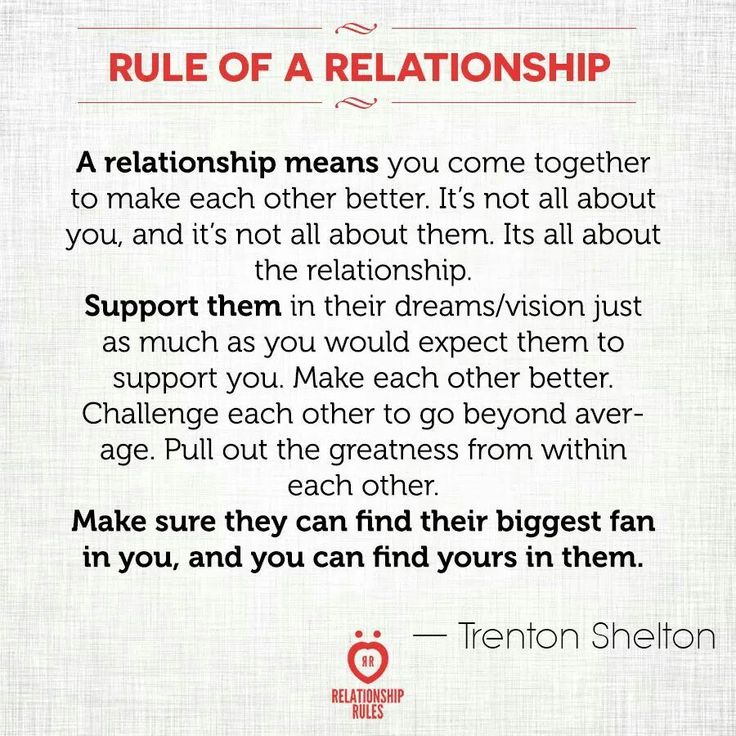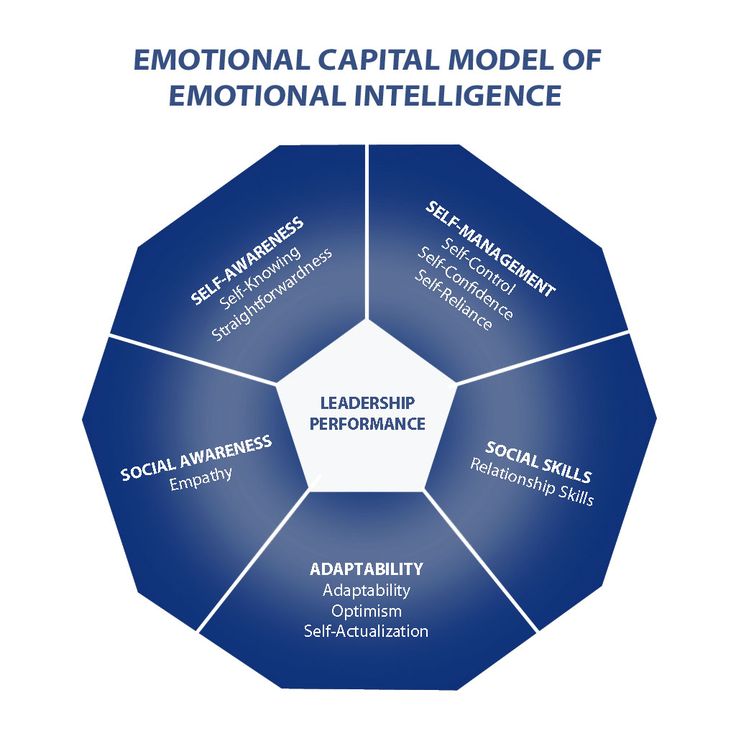What about my feelings
Connecting How you Feel with What it Means
Understanding emotions can help elevate your relationships and change how you relate to the world.
It’s not always easy to recognize a feeling. You might label it anger on the surface, but what is it deep down? Is it frustration, resentment, or maybe annoyance?
Emotions are rarely one-dimensional, and it’s natural to know you’re feeling something but cannot put it into words.
However, understanding your emotions can help you identify them in other people and may enhance how you interact with everyone you meet.
Emotions are complex. A 2017 research review suggests they’re a combination of:
- physiological responses
- subjective impressions
- personal expression
What’s “happy” for one person can be vastly different from what’s “happy” for another, even in the same situation.
What emotion is for you depends on your:
- perception
- resilience
- coping mechanisms
While emotions may be conscious, individual experiences of feeling come from specialized neural activations in several regions of the brain’s cerebral cortex.
In a 2021 review on the brain’s role in emotions, researchers note these experiences occur from the amygdala constantly taking in and evaluating sensory information.
The brain assesses these sensory inputs for complexity, intensity, and other variables that help it assign an emotion.
For example, if your emotional state is “unhappy” at work, something has given your brain that sensory input, whether it’s:
- pressure from deadlines
- comments from a co-worker
- a combination of lifestyle factors like lack of sleep and not eating enough
Understanding emotions fully involves knowing why emotions are a part of life.
There’s a reason why you have both positive and negative feelings.
Experiencing an emotion is your body’s way of relaying information to your consciousness. If you’re afraid, for example, the sensory inputs around you might translate as harmful, and your brain may want you to take action.
This experience of feeling then causes a cascade of other important processes that help you grow, learn, and ultimately survive.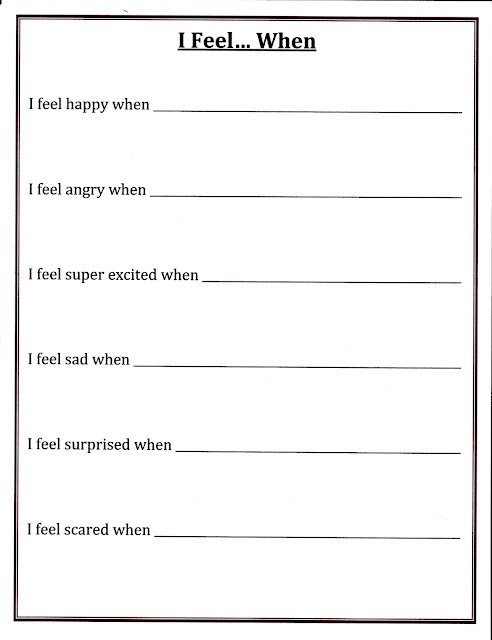
A 2017 review evaluated the importance of emotion from an evolutionary standpoint. The research identified emotion as essential for cognitive processes, such as:
- perception
- attention
- memory
- reasoning
- problem-solving
- learning
These processes are linked to personal growth and the broader concept of learning.
You feel afraid, for example, so you:
- become focused on a threat (perception/attention)
- identify the threat for future avoidance (memory)
- brainstorm about how to escape (problem-solve)
- contemplate how the threat is dangerous (reasoning)
- understand consequences and why you’re in danger (learning)
Emotional awareness
Emotional awareness is the ability to identify emotions in yourself and in others.
“Emotional awareness is multifaceted,” explains Dr. Danielle McGraw, a clinical psychologist in Scottsdale, Arizona. “It is knowing that emotions are a physical sensation and knowing where in your body you feel specific emotions.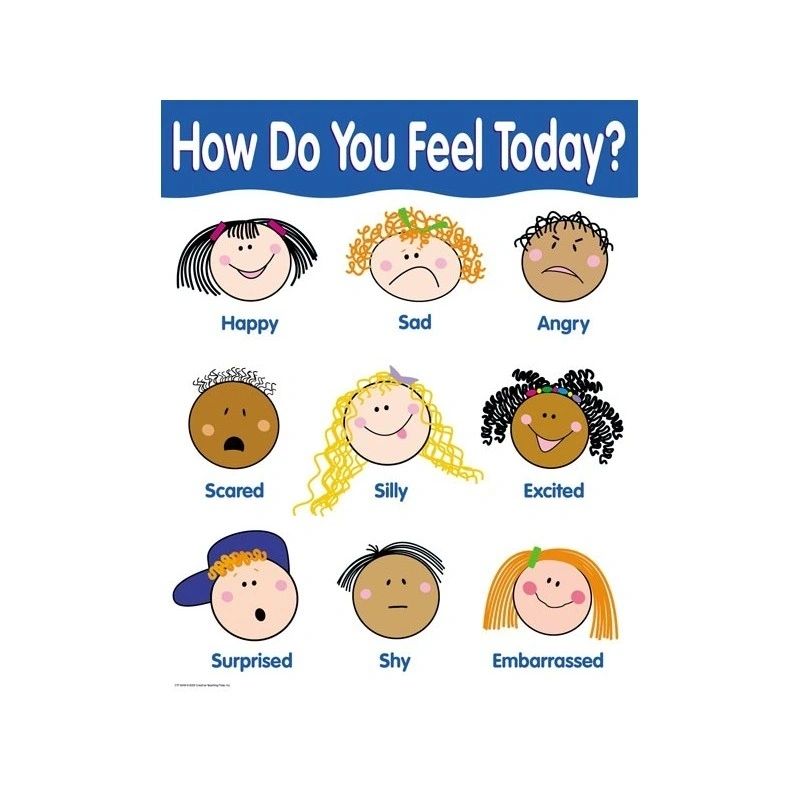 ”
”
She adds that most people only use a variation of “happy,” “sad,” or “mad” to describe their emotions, but actual emotions extend far beyond these basic constructs.
Part of developing emotional awareness is learning other ways emotions can present themselves.
“It’s difficult to understand our emotions when we do not have the language to describe them,” she says.
If you feel out of touch with your emotions, there are several reasons this might be the case.
Attachment style
Attachment theory suggests how closely you bonded to your primary caretakers in childhood can dictate your emotional availability as an adult.
“Emotionally distant, unavailable, and rejecting attachment figures throughout childhood is often a common experience for people who find identifying and discussing their emotions challenging,” says Gabrielle Montana, a licensed professional counselor in Fitchburg, Wisconsin.
If your caregivers were emotionally apathetic or withholding, it’s natural you might learn to model that in adulthood.
Trauma
Roma Williams, a licensed marriage and family therapist in Houston, indicates trauma can prevent emotional awareness by causing someone to shut down emotionally.
This self-protective state can prevent you from feeling emotions or recognizing them in others.
Mental health conditions
“There are certain mental health conditions that can cause someone to be emotionally unaware,” says Williams. “For example, people with borderline personality disorder may have difficulty regulating their emotions and understanding what they are feeling.”
Other mental health conditions that might hinder you in understanding emotions include:
- post-traumatic stress disorder (PTSD)
- major depressive disorder
- generalized anxiety disorder
- substance use disorder
Emotions may have a basis in survival-oriented learning, but they also serve as an important tool for building relationships with others.
The phrase “relate to” indicates you can identify with someone else. Perhaps you recognize what they’re feeling because you’ve recognized it in yourself.
Perhaps you recognize what they’re feeling because you’ve recognized it in yourself.
Understanding emotions can help you become more empathetic and can help you establish a sense of trust.
It’s a skill that can also benefit your own mental well-being.
Montana cautions that “When we cannot identify, attune to, or engage with our own emotions, this can lead to:
- poor self-esteem
- negative thoughts about self
- looking for outlets to find some sort of relief
“This ultimately leads to negative feedback loops and keeps us feeling stuck.”
There are a number of ways you can work toward understanding emotions.
Body scanning
When you’re feeling an emotion, linking it to a body sensation can help you understand it.
“Begin with noticing the sensation in your body while watching a movie or hearing a song that you know causes sadness, joy or upset,” suggests Celeste Labadie, a licensed marriage and family therapist in Boulder, Colorado.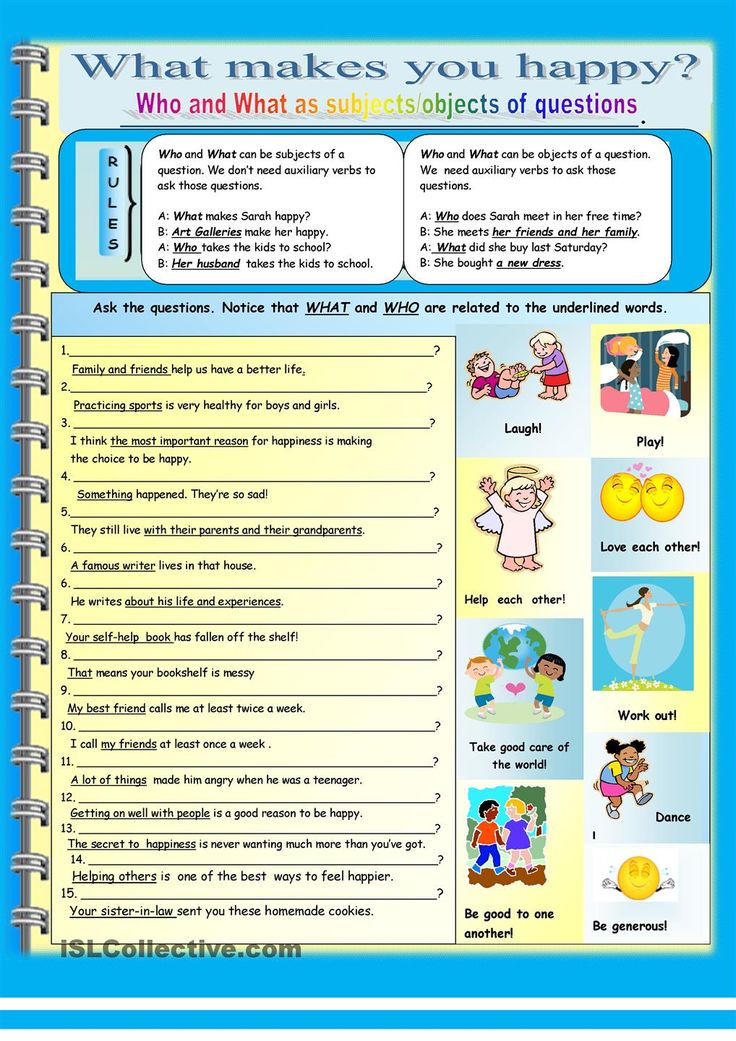
Once you’ve identified the sensations, you can ask yourself what they’re trying to tell you.
“Then just listen for something very simple to arise,” says Labadie. “Another way to approach this is, ‘If I were a dog, what would rumbling in my belly be telling me?’ This will really simplify it and get you out of your logical thinking brain.”
Using an emotional wheel
Understanding emotions may be easier if you have a premade list of ones to pick from.
Montana recommends using an emotional wheel, created by yourself or found online, that lists different emotions and their accompanying sensations.
“It may not be that you don’t have emotional awareness, but that instead, you don’t have access to the language you need to describe your emotional experience,” she says.
Watching others
Labadie notes understanding emotions can be practiced by watching others. You can do this through media, like movies, or out in public.
“I recently sat on a bus and watched a woman’s face change dramatically at hearing a crying baby in a nearby row,” she says.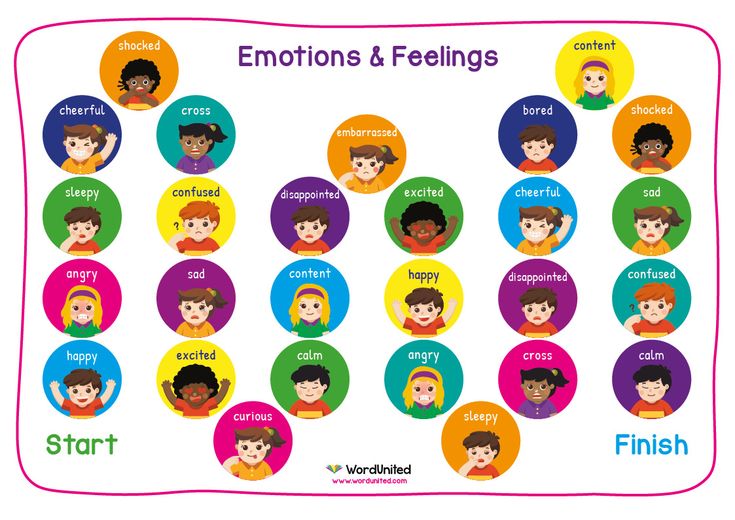
“I silently tracked her thinking, ‘she’s upset, her face is red, her eyes are tearing up, she’s having an emotional response, this baby is bringing up something inside of her, there’s some pain she’s feeling. …’”
Writing it out
It’s not always easy to corner free-floating thoughts in your mind. To help work through understanding emotions, you can use a journal to articulate your thoughts.
Williams explains journaling can help get out raw emotions in several ways:
- feels safer than telling someone else
- allows you to be judgment-free
- prevents thought rumination
“If you are feeling overwhelmed or even anxious, this can be a good indicator that you need to stop and process your emotions,” she says. “I always talk with my clients about the power of writing.”
Understanding emotions isn’t always easy, especially if you don’t have words to put to what you’re feeling.
It’s natural to gravitate toward basic emotions like “happy” or “sad,” but most emotions are far more complex, and often have important foundations in everyday learning.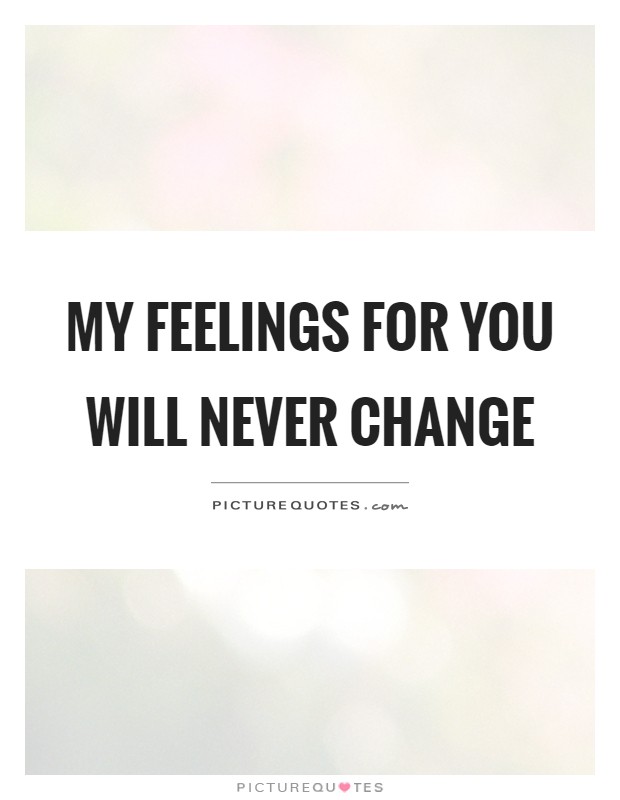
You can identify emotions in yourself and others by:
- observing others
- journaling
- learning about emotions
If you feel as if you’re unable to get in touch with emotions, working with a mental health professional can help you identify underlying challenges like attachment style and trauma.
With professional guidance, you can cultivate new ways to identify and express your emotions that support positive relationships in your life.
Connecting How you Feel with What it Means
Understanding emotions can help elevate your relationships and change how you relate to the world.
It’s not always easy to recognize a feeling. You might label it anger on the surface, but what is it deep down? Is it frustration, resentment, or maybe annoyance?
Emotions are rarely one-dimensional, and it’s natural to know you’re feeling something but cannot put it into words.
However, understanding your emotions can help you identify them in other people and may enhance how you interact with everyone you meet.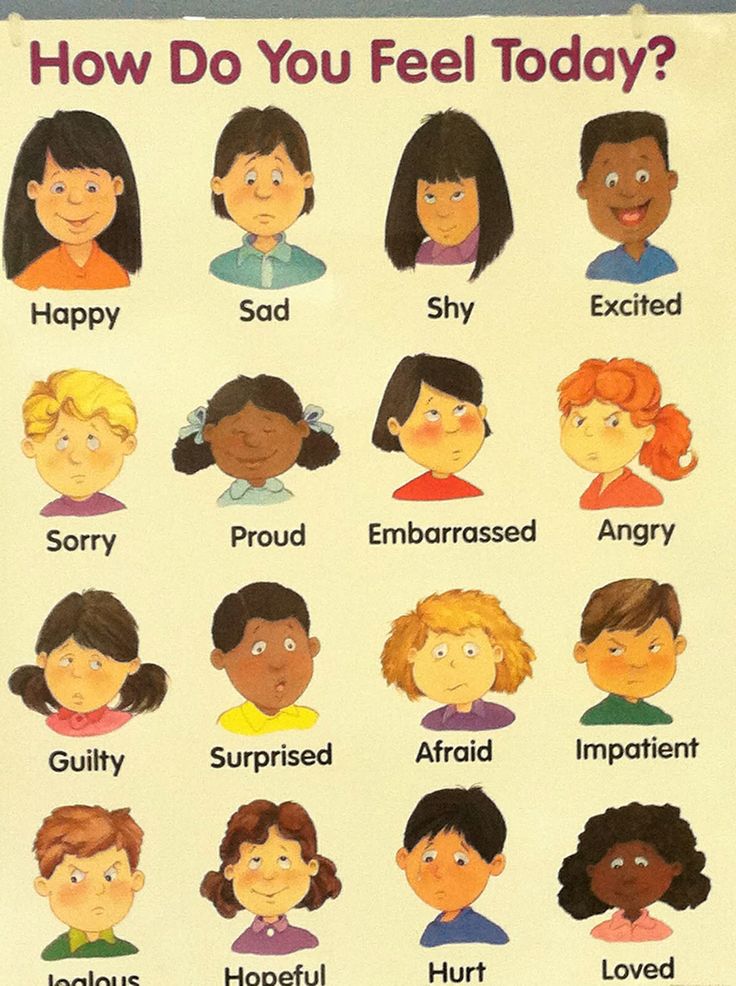
Emotions are complex. A 2017 research review suggests they’re a combination of:
- physiological responses
- subjective impressions
- personal expression
What’s “happy” for one person can be vastly different from what’s “happy” for another, even in the same situation.
What emotion is for you depends on your:
- perception
- resilience
- coping mechanisms
While emotions may be conscious, individual experiences of feeling come from specialized neural activations in several regions of the brain’s cerebral cortex.
In a 2021 review on the brain’s role in emotions, researchers note these experiences occur from the amygdala constantly taking in and evaluating sensory information.
The brain assesses these sensory inputs for complexity, intensity, and other variables that help it assign an emotion.
For example, if your emotional state is “unhappy” at work, something has given your brain that sensory input, whether it’s:
- pressure from deadlines
- comments from a co-worker
- a combination of lifestyle factors like lack of sleep and not eating enough
Understanding emotions fully involves knowing why emotions are a part of life.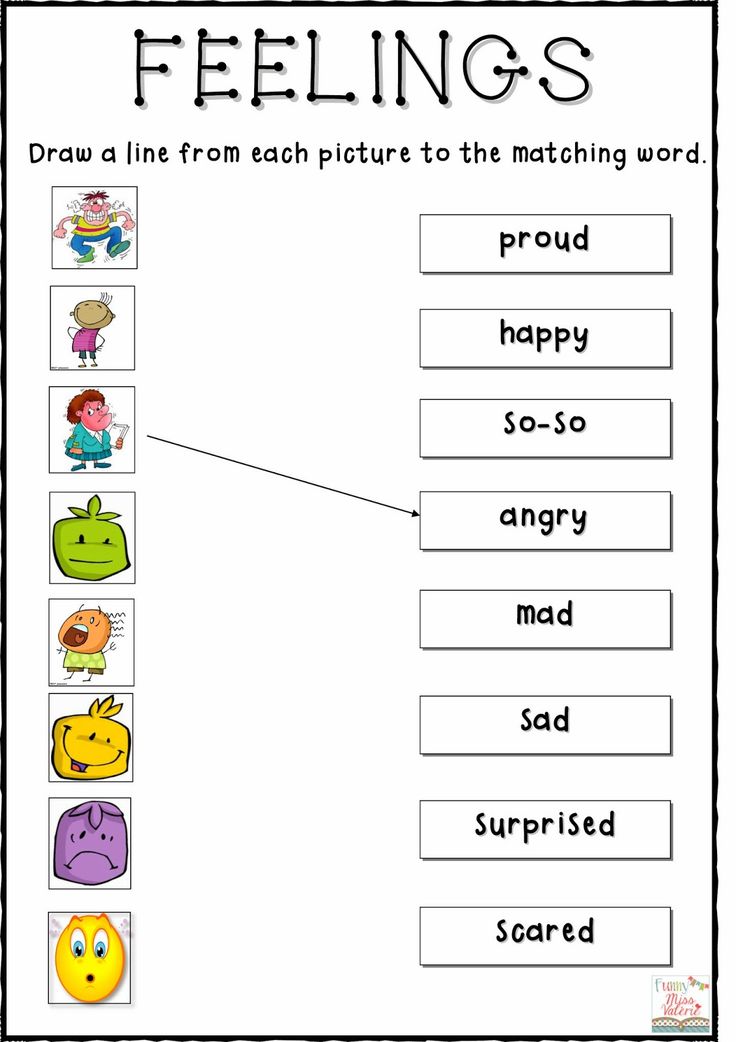
There’s a reason why you have both positive and negative feelings.
Experiencing an emotion is your body’s way of relaying information to your consciousness. If you’re afraid, for example, the sensory inputs around you might translate as harmful, and your brain may want you to take action.
This experience of feeling then causes a cascade of other important processes that help you grow, learn, and ultimately survive.
A 2017 review evaluated the importance of emotion from an evolutionary standpoint. The research identified emotion as essential for cognitive processes, such as:
- perception
- attention
- memory
- reasoning
- problem-solving
- learning
These processes are linked to personal growth and the broader concept of learning.
You feel afraid, for example, so you:
- become focused on a threat (perception/attention)
- identify the threat for future avoidance (memory)
- brainstorm about how to escape (problem-solve)
- contemplate how the threat is dangerous (reasoning)
- understand consequences and why you’re in danger (learning)
Emotional awareness
Emotional awareness is the ability to identify emotions in yourself and in others.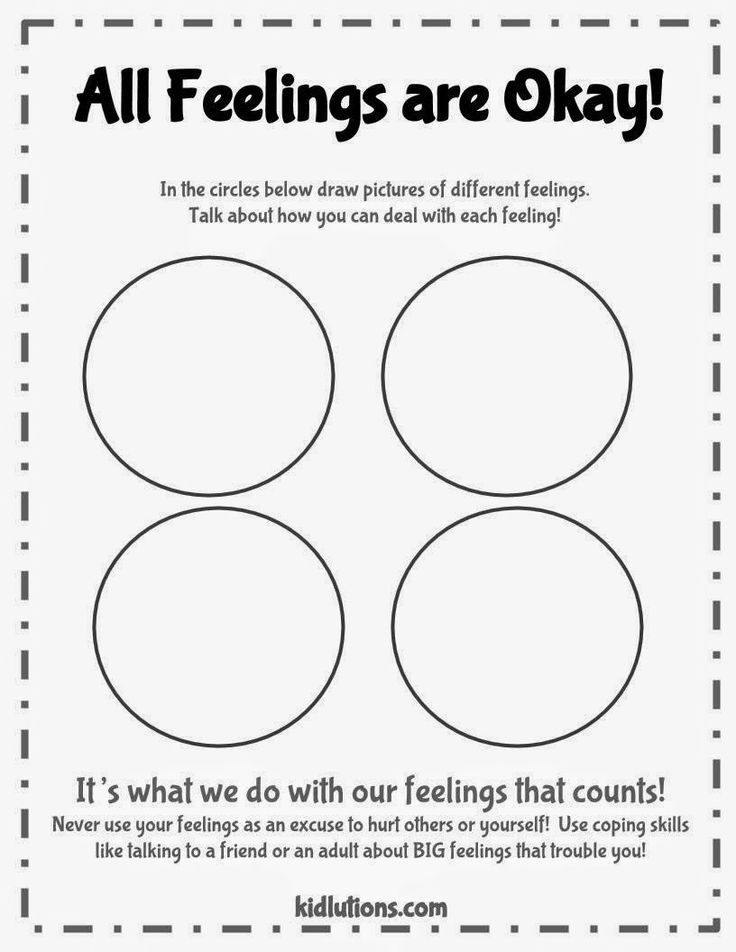
“Emotional awareness is multifaceted,” explains Dr. Danielle McGraw, a clinical psychologist in Scottsdale, Arizona. “It is knowing that emotions are a physical sensation and knowing where in your body you feel specific emotions.”
She adds that most people only use a variation of “happy,” “sad,” or “mad” to describe their emotions, but actual emotions extend far beyond these basic constructs.
Part of developing emotional awareness is learning other ways emotions can present themselves.
“It’s difficult to understand our emotions when we do not have the language to describe them,” she says.
If you feel out of touch with your emotions, there are several reasons this might be the case.
Attachment style
Attachment theory suggests how closely you bonded to your primary caretakers in childhood can dictate your emotional availability as an adult.
“Emotionally distant, unavailable, and rejecting attachment figures throughout childhood is often a common experience for people who find identifying and discussing their emotions challenging,” says Gabrielle Montana, a licensed professional counselor in Fitchburg, Wisconsin.
If your caregivers were emotionally apathetic or withholding, it’s natural you might learn to model that in adulthood.
Trauma
Roma Williams, a licensed marriage and family therapist in Houston, indicates trauma can prevent emotional awareness by causing someone to shut down emotionally.
This self-protective state can prevent you from feeling emotions or recognizing them in others.
Mental health conditions
“There are certain mental health conditions that can cause someone to be emotionally unaware,” says Williams. “For example, people with borderline personality disorder may have difficulty regulating their emotions and understanding what they are feeling.”
Other mental health conditions that might hinder you in understanding emotions include:
- post-traumatic stress disorder (PTSD)
- major depressive disorder
- generalized anxiety disorder
- substance use disorder
Emotions may have a basis in survival-oriented learning, but they also serve as an important tool for building relationships with others.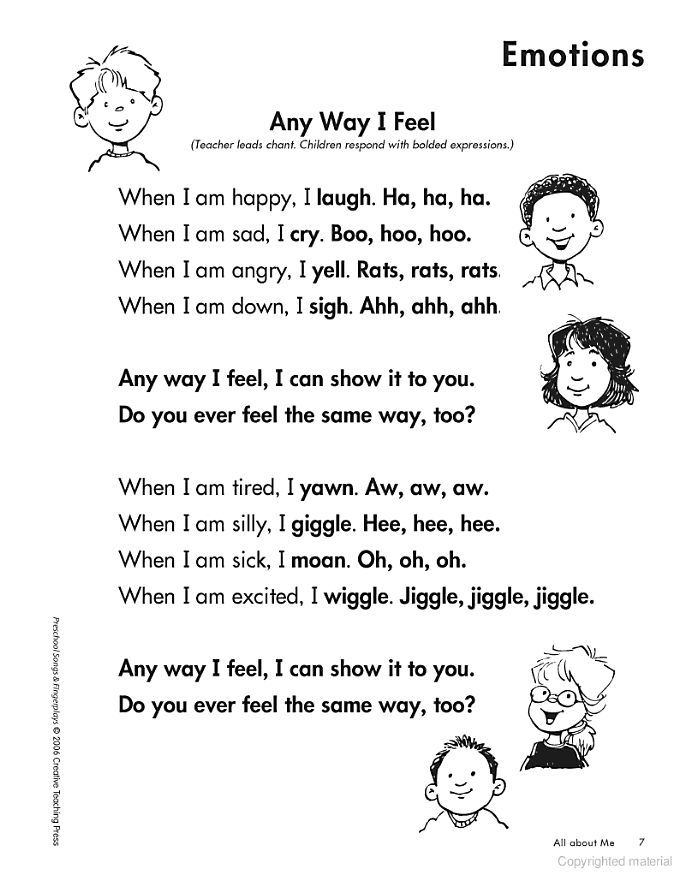
The phrase “relate to” indicates you can identify with someone else. Perhaps you recognize what they’re feeling because you’ve recognized it in yourself.
Understanding emotions can help you become more empathetic and can help you establish a sense of trust.
It’s a skill that can also benefit your own mental well-being.
Montana cautions that “When we cannot identify, attune to, or engage with our own emotions, this can lead to:
- poor self-esteem
- negative thoughts about self
- looking for outlets to find some sort of relief
“This ultimately leads to negative feedback loops and keeps us feeling stuck.”
There are a number of ways you can work toward understanding emotions.
Body scanning
When you’re feeling an emotion, linking it to a body sensation can help you understand it.
“Begin with noticing the sensation in your body while watching a movie or hearing a song that you know causes sadness, joy or upset,” suggests Celeste Labadie, a licensed marriage and family therapist in Boulder, Colorado.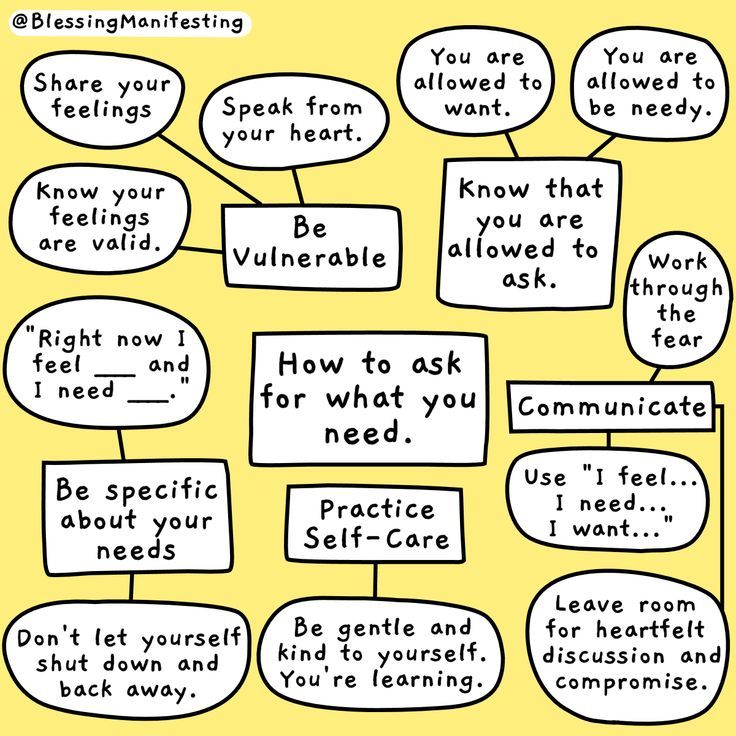
Once you’ve identified the sensations, you can ask yourself what they’re trying to tell you.
“Then just listen for something very simple to arise,” says Labadie. “Another way to approach this is, ‘If I were a dog, what would rumbling in my belly be telling me?’ This will really simplify it and get you out of your logical thinking brain.”
Using an emotional wheel
Understanding emotions may be easier if you have a premade list of ones to pick from.
Montana recommends using an emotional wheel, created by yourself or found online, that lists different emotions and their accompanying sensations.
“It may not be that you don’t have emotional awareness, but that instead, you don’t have access to the language you need to describe your emotional experience,” she says.
Watching others
Labadie notes understanding emotions can be practiced by watching others. You can do this through media, like movies, or out in public.
“I recently sat on a bus and watched a woman’s face change dramatically at hearing a crying baby in a nearby row,” she says.
“I silently tracked her thinking, ‘she’s upset, her face is red, her eyes are tearing up, she’s having an emotional response, this baby is bringing up something inside of her, there’s some pain she’s feeling. …’”
Writing it out
It’s not always easy to corner free-floating thoughts in your mind. To help work through understanding emotions, you can use a journal to articulate your thoughts.
Williams explains journaling can help get out raw emotions in several ways:
- feels safer than telling someone else
- allows you to be judgment-free
- prevents thought rumination
“If you are feeling overwhelmed or even anxious, this can be a good indicator that you need to stop and process your emotions,” she says. “I always talk with my clients about the power of writing.”
Understanding emotions isn’t always easy, especially if you don’t have words to put to what you’re feeling.
It’s natural to gravitate toward basic emotions like “happy” or “sad,” but most emotions are far more complex, and often have important foundations in everyday learning.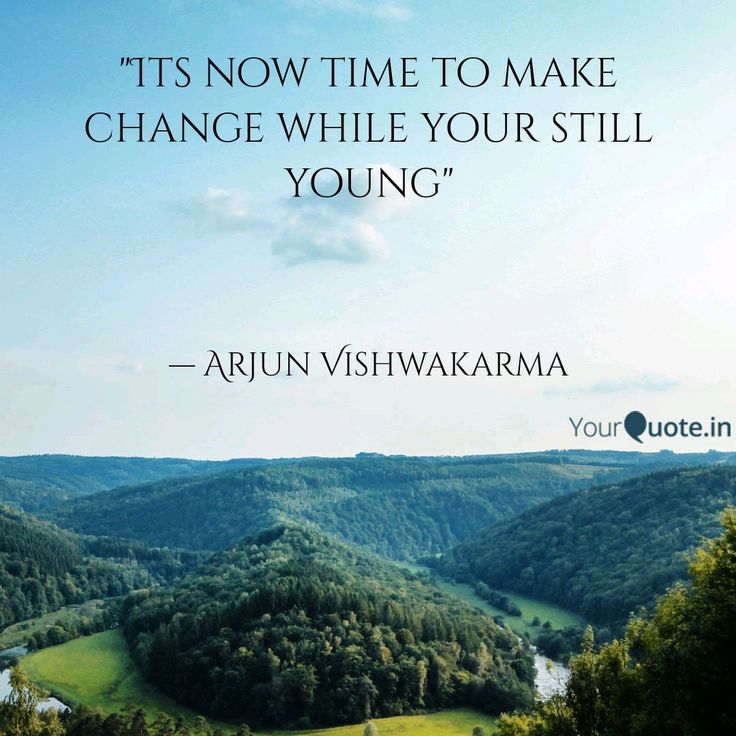
You can identify emotions in yourself and others by:
- observing others
- journaling
- learning about emotions
If you feel as if you’re unable to get in touch with emotions, working with a mental health professional can help you identify underlying challenges like attachment style and trauma.
With professional guidance, you can cultivate new ways to identify and express your emotions that support positive relationships in your life.
of my feelings for you - Translation into English - examples Russian
Russian
Arabic German English Spanish French Hebrew Italian Japanese Dutch Polish Portuguese Romanian Russian Swedish Turkish Ukrainian Chinese
English
Synonyms Arabic German English Spanish French Hebrew Italian Japanese Dutch Polish Portuguese Romanian Russian Swedish Turkish Ukrainian Chinese Ukrainian
These examples may contain rude words based on your search.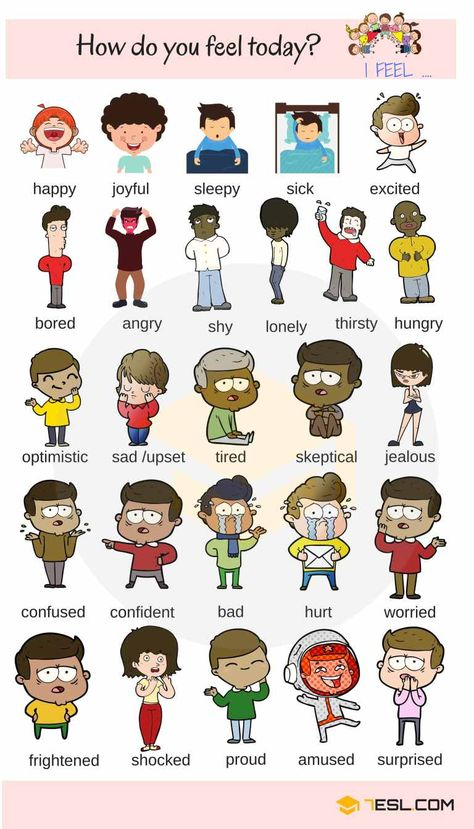
These examples may contain colloquial words based on your search.
It's because of my feelings for you .
It's because of my feelings for you .
Bella, you don't understand my feelings for you .
Bella, do you not understand my feelings for you at all?
The conflict between our families does not change my feelings for you .
The conflict between our families doesn't change the way I feel about you .
I'm sorry Karen is upset, but how I feel about you won't change that.
Look, I'm sorry Karen's upset, but that doesn't change the way I feel about you .
Lana, nothing will change my feelings for you .
Lana, nothing could ever change the way I feel about you .
There is no secret about my feelings for you .
It's no secret how I feel about you .
I don't give you any special attention. as sign my feelings for you .
Nor am I showing you any special attention as a sign of my feelings for you .
Therefore, the only way I can explain that you like him more is that I could not correctly express the nature of my feelings for you .
So the only reason I can think that you like him instead of me is that I have not properly expressed the nature of my feelings for you .
Lyla, there are no words yet that would help me express the depth and complexity of my feelings for you .
Lila, words fail the depth and complexity of my feelings for you .
My feelings for you will not change.
It won't change how I feel about you .
Only because of my feelings for you .
Only my feelings for you .
Claire, I once told you that nothing you say or do will change how I feel about you .
Claire, I once told you there was nothing you could say or do to change how I felt about you .
I just want you to know that my leaving you and leaving town... is not a reflection of my feelings for you , Hiram.
I just want you to know that my dumping you and leaving town.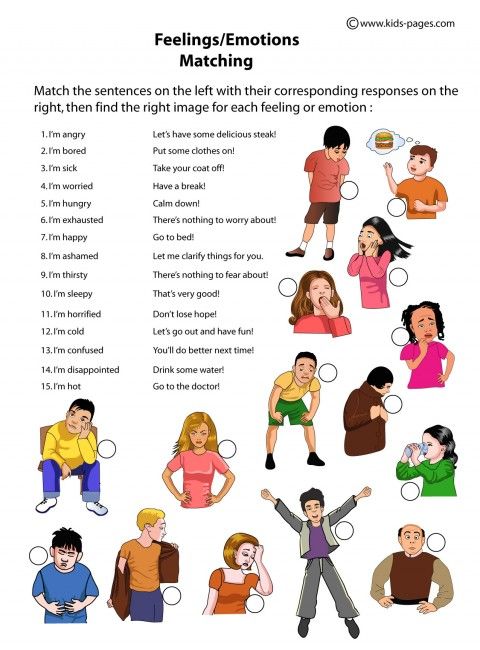 .. is in no way a reflection of my feelings towards you , Hiram.
.. is in no way a reflection of my feelings towards you , Hiram.
I went through this album "Rumors" and found a song that is only slightly inferior to "Avalanche" in terms of my feelings for you .
I've been going through that Rumours album and I found the best song that really goes one step past "Landslide"
Possibly inappropriate content
Examples are used only to help you translate the word or expression searched in various contexts. They are not selected or validated by us and can contain inappropriate terms or ideas. Please report examples to be edited or not to be displayed. Rude or colloquial translations are usually marked in red or orange.
50 questions to sort out relationships
253,577
Man and woman
What are the main advantages of your couple? Where do difficulties come from? What can be salvaged or improved in a relationship, and what can't? To explore these questions and understand what is happening, the questionnaire, which was compiled by three leading couples therapists: psychoanalyst Robert Neuburger, psychotherapist Patrick Estrad and sexologist Sylvain Mimoun, will help to explore these questions and understand what is happening.
You can answer questions alone or with a partner. Take your time, give yourself time to think about the answers - and let them be as sincere as possible. Write them down, then you can reread and supplement if necessary.
Feelings - Appreciate the strength of your love
When conflicts escalate, the feeling that we are not understood increases, resentment accumulates, and it is difficult to realize what we really feel for a partner. But feelings are the basis on which love stories are built. If they weaken, the whole building will shake. Sometimes you want to stop everything, saying briefly: "I don't love him (her) anymore, it's over." But this radical conclusion expresses a desire to end a difficult situation rather than to part with this partner. Hence the first piece of advice: don't jump to conclusions - go step by step, not trying to predict what will happen next, and not succumbing to impatience. Start with the following questions:
1. If you could solve all problems, do you think love would rise from the ashes like a phoenix?
2. Do you have the feeling that you wish each other well?
Do you have the feeling that you wish each other well?
3. Are relationships and what surrounds them very important to you despite the problems?
4. How do you feel when you imagine that you will no longer see your partner and that the rest of your life will pass without him?
5. Do you feel loved/accepted just the way you are?
6. What do you get more - reproaches and criticisms or words of approval and support?
7. Do you often tell your partner what you value in him, what attracts and touches you? And he?
Couple love and culture
Couple love is all the feelings that two people have for each other, Patrick Estrad explains. Culture is everything that these two build together: a place to live, a way of life, a family that includes parents and relatives of both partners, as well as their values, ideals, plans, trials, memories. It is possible to lose attachment to a partner - this is the collapse of love - but remain attached to the culture of your couple, to what is created together with a partner. By keeping this distinction in mind, we can better understand what is no longer suitable for us - a person or a lifestyle - and whether we are ready to do without one or the other.
By keeping this distinction in mind, we can better understand what is no longer suitable for us - a person or a lifestyle - and whether we are ready to do without one or the other.
Recognition and encouragement
The ability to express affection and emphasize the virtues of a loved one are elements necessary for long-lasting love feelings and for living together to be pleasant, says the psychotherapist.
Communication - identify misunderstandings
This is a reality that everyone can observe: how two people actually communicate is an unmistakable indication of the degree of closeness in their couple. However, “the life of a couple is paved with misunderstandings, complexities and misunderstandings,” recalls Robert Neuburger.
Digital and analog communication
Human communication is inherently complex, notes the psychoanalyst. The fact is that we use two methods that complement each other, but do not coincide: “digital communication” (words to be interpreted) and “analogue communication” (intonation, gestures, postures).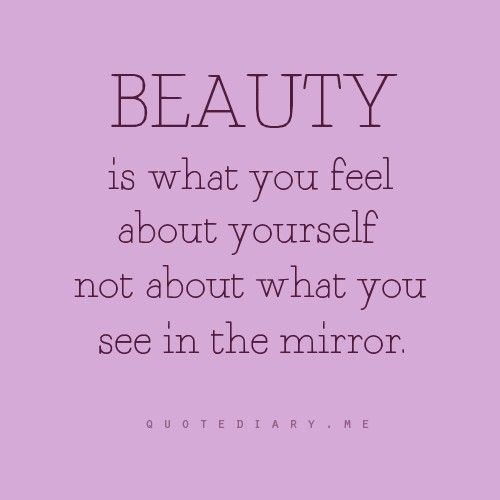 In couples that get along with each other, speech and facial expressions are easily deciphered. But in those couples that do not get along, misunderstandings, misunderstandings and misinterpretations arise all the time.
In couples that get along with each other, speech and facial expressions are easily deciphered. But in those couples that do not get along, misunderstandings, misunderstandings and misinterpretations arise all the time.
Communication failures
Added to these difficulties is what psychologists call “communication dead end” (everyone wants to express their point of view, while feeling that they are not understood or listened to), or communication falsifications (secretiveness, “ lies for good" or just lies, hypocrisy, disinformation). To understand how you communicate with each other, ask yourself the following questions:
8. Are you satisfied with the way you communicate as a couple?
9. Do you have the feeling that you understand your partner and he understands you?
10. Do you think that there are significant shadow areas in your communication - topics that are difficult or impossible to talk about?
11. Do you happen to deliberately hide certain actions and thoughts from your partner?
12. Have you ever deliberately lied to him?
Have you ever deliberately lied to him?
13. Do you think your partner can hide something from you and even lie?
14. Has your couple ever been exposed to the deliberate lies of one or another of the partners?
15. If so, how did you deal with this situation?
PROXIMITY — Measure the distance between you
Proximity is both a feeling (“they understand me, I can take off the mask, there is agreement between us, sometimes we understand each other without words”…), space (house, apartment, room) and time ( which we as a couple dedicate to "feeling good together").
Feeling of intimacy
To be close to a partner means to feel safe, to feel that he supports and accepts you as you are. What is the correct distance in a pair? “Be close enough that your partner can touch you, and at the same time far enough that he can surprise you,” Patrick Estrad answers. To understand what distance is in your pair, answer the following questions:
16. Do you feel like your partner really listens to you?
Do you feel like your partner really listens to you?
17. And you - do you really listen to him?
18. How often do you share with each other what excites you, makes you laugh, fascinates or worries you?
19. Do you feel that your partner accepts your small flaws and oddities kindly/with humor? Do you reciprocate this with him?
20. Are there any thoughts, facts, or actions that you do not tell anyone or tell someone other than your partner in order to save the relationship?
21. Does your partner's familiarity (gestures, words, behavior) make you tender, or does it annoy you and cause conflicts?
General area
The place where we live speaks eloquently about us. The arrangement of the interior can tell a lot about the ability of a couple to create a harmonious common space, taking into account the personal needs of everyone, including children. And how are you?
22. Is the place where you live adapted to the needs and tastes of each partner?
23.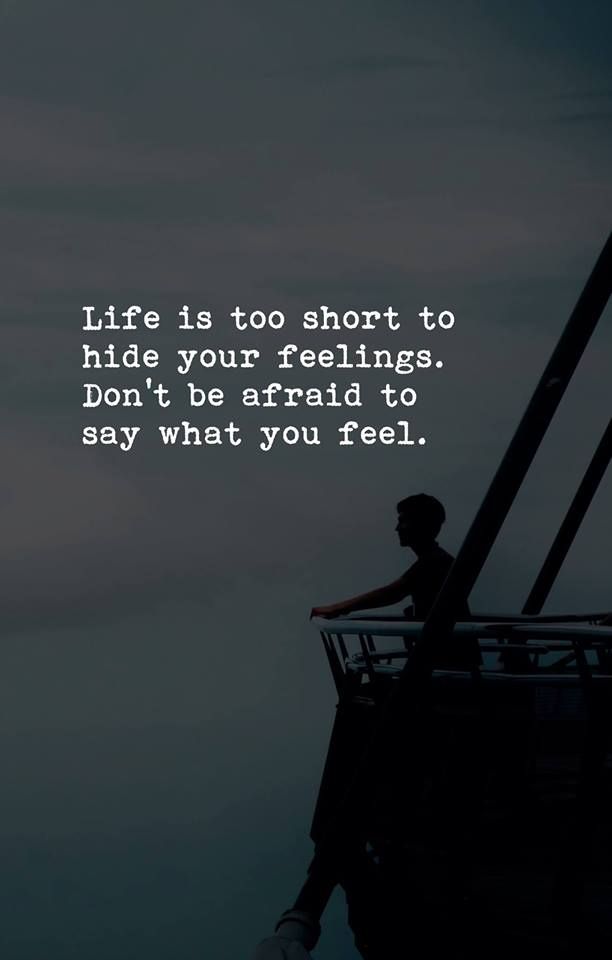 Are there rooms in the common space (pieces of furniture, things) that your partner has forced on you and that you can't stand?
Are there rooms in the common space (pieces of furniture, things) that your partner has forced on you and that you can't stand?
24. If you had to live alone, would your place to live be radically different or basically the same?
25. How is the interior similar to your couple?
Time dedicated to the couple
Intimacy needs time to develop and strengthen. But in reality, the time that should be devoted to a couple is often spent on family, work, friends and leisure. Those who want to make relationships more harmonious should consider them one of the priorities. Is that the case for you? Here are questions that will help you understand how your desires differ from reality:
26. Do you often postpone joint plans (going out together, traveling, spending time together at home) because of a request or demand from outside?
27. Do you feel like you don't have enough time dedicated to couples?
28. Do you and your partner give yourself time to be apart, alone with yourself?
29. If you could spend more time together, how would you spend it?
If you could spend more time together, how would you spend it?
30. Do you have household chores distributed in such a way that it satisfies both?
SEX LIFE - Check how satisfied you are
When it comes to sex life, each couple writes their own score and moves at their own pace. The frequency or duration of intimate meetings is not important - what matters is the satisfaction of each and the ability of partners to talk about the changes that one of them may wish. Sylvain Mimoun offers you these questions:
31. Does the frequency of intimate contacts suit you?
32. Do you feel during sex that you are not only desired, but also respected?
33. Do you (sometimes/often/all the time/never) feel bored?
34. Do you agree (sometimes/often/always/never) to sex just to please someone else?
35. Do you (often/sometimes/always/never) agree to certain practices just to please your partner or yield to pressure?
36. Would you like to make changes in a couple's sex life? If so, which ones?
37. Do you feel intimacy and understanding with your partner when you talk about your sexual life?
Do you feel intimacy and understanding with your partner when you talk about your sexual life?
38. What would you say about your sex life - is it generally satisfactory or does it have problems?
39. If everything continued as it is now, would you say: “everything is going well” or “something is missing”?
PLANS - Reveal common desires
A couple is a living, developing organism in which partners try to combine personal self-realization and happiness together. Plans are an integral part of a couple's life, they express their vital strength, as well as the degree of involvement of each in a common life. One of the difficulties is to combine general plans and personal ones. Reflect on this as you answer the questions:
40. Do you have at least one joint plan (vacation, leisure, work, family)? If not, why not?
41. Is this plan repeated regularly, is it a habit? If yes, do you enjoy it?
42. Do you find that the partner is investing enough in the future of the relationship? And you yourself?
43. Does important family plans always come from one person? If yes, is it right for you?
Does important family plans always come from one person? If yes, is it right for you?
44. Does your partner usually accept your suggestions for joint plans well?
45. Does your partner support your personal plans?
After you have explored your feelings, communication, intimacy, sex life and plans, ask yourself additional questions:
46. Did you start this exploration of the couple's life willingly, with a desire to better understand your couple, to contribute to their happiness?
47. Have you been surprised by any positive aspect of your relationship that you were not aware of?
48. Did any negative aspect surprise you?
49. Did the partner also answer all these questions? If not, why not?
50. Do you feel enthusiastic or anxious at this stage? What are they related to?
Put your problems on the table
Once the questions have been asked, it's time to face the difficulties. Advice from a couple's therapist can help deepen understanding of problems and begin to resolve them.
The questions must have evoked a lot of thought and emotion. If everything is going well in the relationship, you enjoy it, they make you happy and support you. You feel that the connection with the partner is established and works well. And the future promises to make it even stronger. But if your couple is going through a period of crisis, you are probably sad because you have clearly seen those parts of the relationship that cause pain or inconvenience. But do not rush to conclusions, give yourself time to relax. This is necessary, because the study of relationships requires effort. “And then write down everything you feel without softening the words,” suggests Patrick Estrad, a psychotherapist and couples therapist. “Fears, doubts, anger, sadness, guilt…”
Trust your feelings to paper or a page on a monitor. Having found peace, with clearer thoughts, you will be able to listen to what desires you have: continue or, conversely, end relationships, set boundaries, make demands . .. But do not rush to make a decision. After all, you still do not know anything about what path the partner has traveled. Maybe he is in denial about the problem or avoids self-observation. But it can also be the other way around: he seeks to correct the situation and is ready to change more than you think.
.. But do not rush to make a decision. After all, you still do not know anything about what path the partner has traveled. Maybe he is in denial about the problem or avoids self-observation. But it can also be the other way around: he seeks to correct the situation and is ready to change more than you think.
Independent work
Put aside material matters and what you know about your partner's desires. It's about you and your aspirations. Start by finding out what is in your life that you are thinking, “I don’t want this anymore!” From here you can draw a conclusion about what you want for yourself. To understand:
- Re-read the answers. Emphasize what seems most important to you in different areas of the relationship (feelings, communication, intimacy, sex life, plans).
- State what you don't like. To do this, make a list of “I don’t want to anymore ...” (for example: “I don’t want to be reproached or silent in response to my words”). Let it contain as many points as you need.
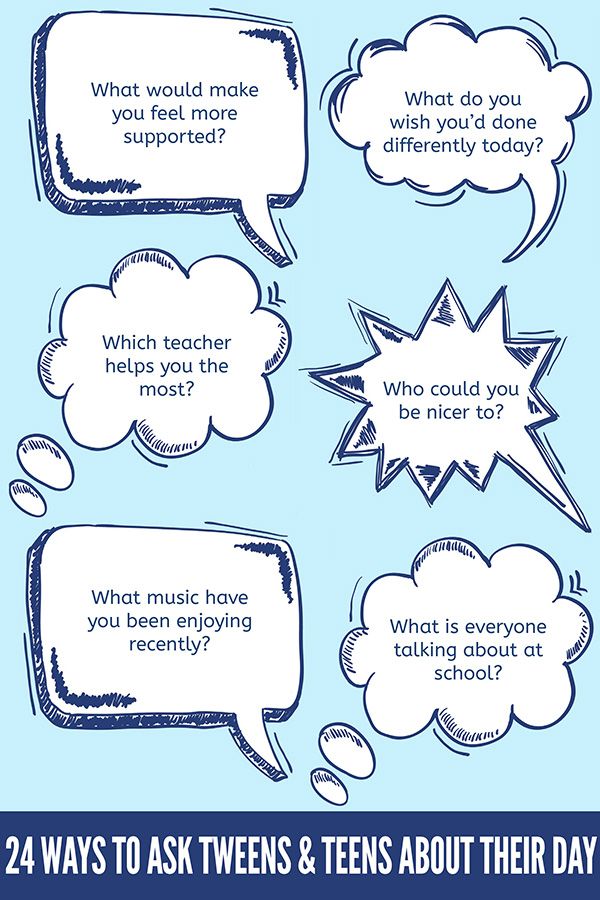
- Write down the sentences. What can you do yourself to improve the situation? Write an idea next to each "I don't want any more...".
- Consider how much you want to work on relationships. “Do I still have motivation (at least a little)? Do I still believe in this relationship? Do I still want to believe in them?
- Think about what happens: “Which do I want more - to stay in a couple or to leave?”
"I want to end the relationship"
Are you sure? Explore the question:
- Am I ready to leave the whole world of my couple: family partner, mutual friends, usual way of life, place of residence?
- What is the basis of my desire to break up? Am I tired of long conflicts? I feel that the relationship has outlived itself, and this can not be fixed?
- If the relationship changed and became satisfactory in all areas, would I want to continue the journey with him (her)?
- Do I want to leave for a while or forever? Parting for a while brings hope, we want something to change.
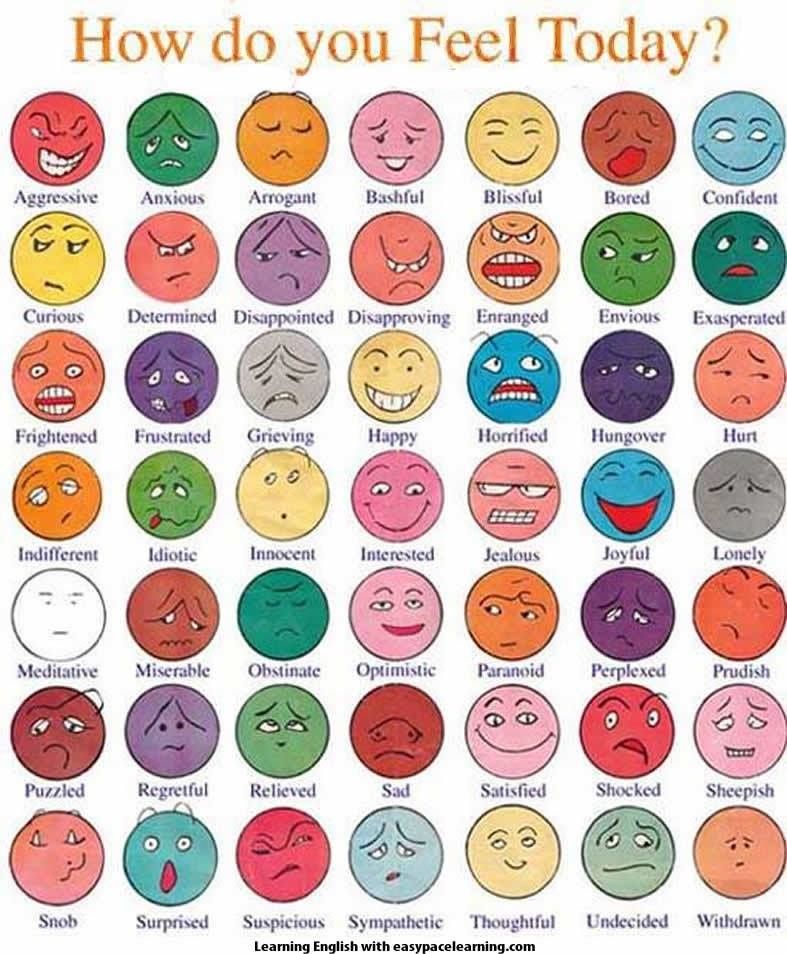 And the final break is the complete end of the relationship.
And the final break is the complete end of the relationship.
“I would like to stay in a couple”
You refuse to leave, despite the difficulties that arise. Think:
- What is behind the desire to be in a couple? Fear of being alone? Feeling guilty towards children? Desire to preserve material conditions? Love?
- Will continuing a relationship require me to make sacrifices? Will I have to give up what matters to me (values, plans, personal freedom)? Will I have to accept the conditions set by the partner?
- Is there a willingness to review my life and think about what I can change in myself to improve the situation?
- Will the partner also want/be able to change something and change?
- Finally, make a list of everything you're not ready to give up. And, accordingly, everything in which you want to see changes.
"I'm getting ready to talk to him/her"
Give yourself time to rethink your "preliminary decision" before talking to your partner. Do some inner work to calm the emotions that can overwhelm you and interfere with communication. Take a constructive position: avoid raising your voice, reproaching, hurtful remarks. You met to talk about you (desires, boundaries), and not to judge a partner. Your task is to solve a common problem.
Work for two
Agree on the environment in which to conduct a conversation - it is better that it be a neutral place, a meeting outside the home (in a restaurant, on a walk). Agree that you will share thoughts and feelings with each other without trying to convince and maintaining mutual respect. If something goes wrong, postpone the conversation and reschedule the meeting for the next time.
Such a conversation must necessarily have three stages, emphasizes Patrick Estrad:
Stage 1: my fortune. Have everyone take turns (without interrupting each other) to summarize their conclusions regarding each area of the relationship (feelings, communication, intimacy, sex life, plans).

